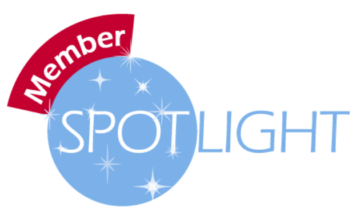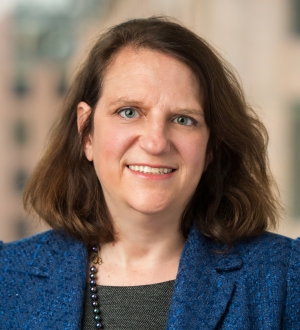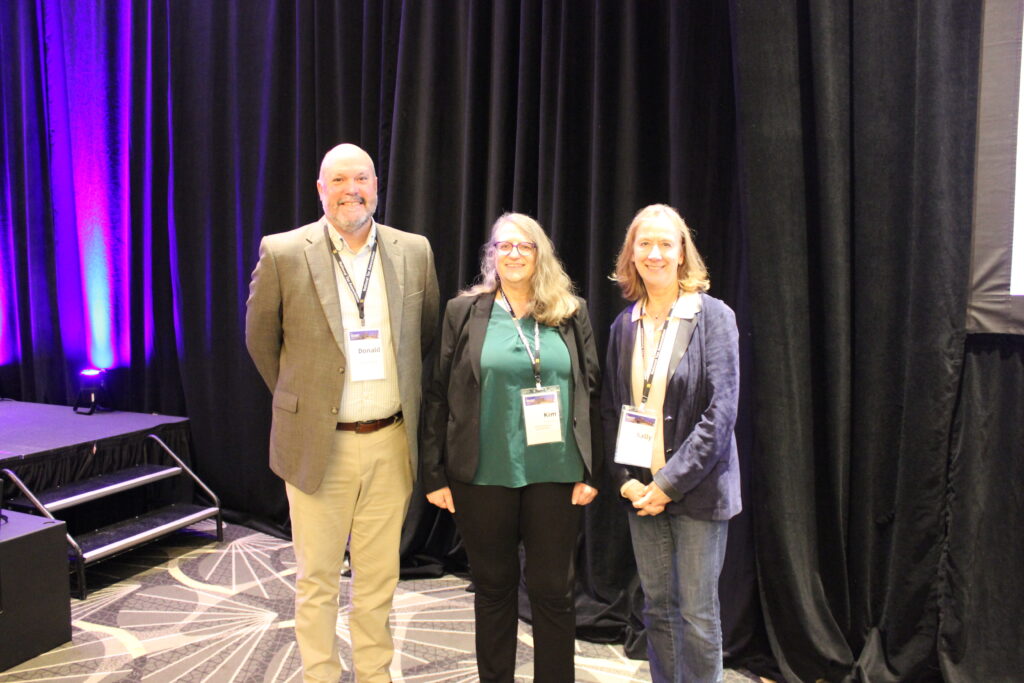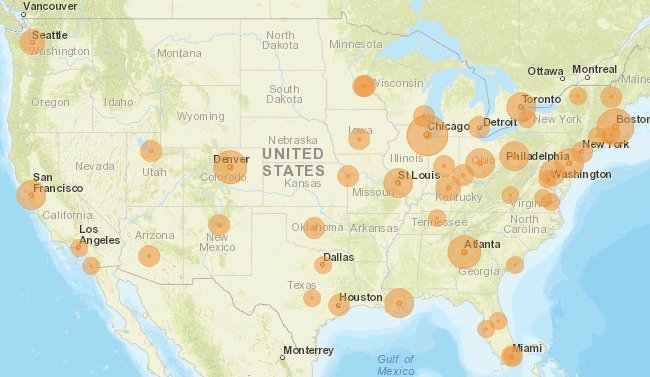

Kim Rueben
Kim Rueben is the Sol Price fellow and director of the State and Local Finance Initiative at the Urban-Brookings Tax Policy Center. Rueben is an expert on state and local public finance and the economics of education. Her work examines issues of state and local public finance and focuses on state budget and tax issues, intergovernmental relations, fiscal institutions, and the economics of education, including federal and state financing of both K–12 and postsecondary education and how decisions affect different individuals across states.
In addition to her position at the Urban Institute, Dr. Rueben is an adjunct fellow at the Public Policy Institute of California (PPIC), serves on the Washington DC Revenue Estimation Advisory Group, and as an advisor to Let’s Get Set, a purpose-driven fintech start-up. She works closely with state officials and has served on state tax advisory boards including in California and Washington DC and has testified before congressional and state legislative committees. She was a member of the National Academy of Sciences Panel that examined The Economic and Fiscal Consequences of Immigration and was on the executive board of the American Education Finance Association and the board of the National Tax Association.
Before joining Urban, Rueben was a research fellow at the PPIC.
Rueben received a BS in applied math-economics from Brown University, an MS in economics from the London School of Economics, and a PhD in economics from the Massachusetts Institute of Technology.
Five Questions for Kim
Tell us about your current position?
I currently work as the Sol Price Fellow at the Urban Institute and Tax Policy Center. I direct our State and Local Finance Initiative, where we do work examining state budget and tax policy and also how federal, state and local tax systems interact. We provide information to the public, policymakers and other researchers on state and local tax policy and aim to make taxes more understandable. Part of this is doing new research but part of it is also helping to explain or make academic research and findings clearer to policy-makers. Beyond tax policy, I also do a fair amount of work examining the connection between taxes and spending, especially in education.
Your current job has many dimensions. What are your favorite assignments and/or tasks to work on? What makes those assignments your favorite?
Recently I’ve been doing more work with governors’ staffers and tax revision commissions helping to examine possible tax changes that can help update tax systems in Colorado, Kansas and the District of Columbia. I had served as a Commissioner on a prior effort in DC and our findings and recommendations were largely adopted by the District. This led to DC being an early adopter of an expanded EITC for childless filers which helped make DC’s income tax system more equitable.
I’ve also been doing more work on criminal justice fees and fines, which are often overlooked as we think about state revenues but they can have inequitable effects across different groups within a society. For individuals with limited resources, an unpaid ticket can lead to increased charges, the possible loss of a driver’s license and then further charges or the loss of a job. Helping to understand and possibly reform this system to include some acknowledgement of an ability to pay can help keep one mistake from snowballing and undermining a family’s economic security.
What are the biggest challenges you face advising states and localities?
Partly there is a mix of highlighting what might be hard decisions that need to be made and trying to have policymakers focus on tax policy and spending needs beyond the next budget cycle. The last few years have included a large amount of volatility in revenues, at the same time political discourse has become more fragmented. Highlighting the need to think about changing economic conditions and taking a longer term view is important. So while most states have experienced unprecedented surpluses, trying to have policymakers go slow in making permanent changes is important.
I’ve also spent time trying to highlight what might be unintended consequences when designing policy and policy changes and stressing that we still don’t really know what the post-Covid world will look like. For example, we don’t know whether work will remain remote and what this will mean for commuting patterns, the need for commercial and business real estate and what it will mean for state and local taxes and service needs.
Where do you think we need more research?
I think we need more research to try and understand how changes in where work is done and what it means for city and state governments is critical. Is the move to remote work a new steady state or a temporary change? If there is less demand for downtown office space, what do places do with those buildings and what will it mean for the fiscal future of hub cities? Also tax researchers are starting to focus on racial equity questions surrounding tax policy, how do different groups fare under existing systems and how we try and address them.
I also think moving in a direction where we talk or collaborate across disciplines is important to better understanding the impact of policies.
Outside of work, what is an interest or hobby you enjoy?
I spend a fair amount of time volunteering for two different groups. First after adopting my dog Gabby 7 years ago, I started volunteering with the rescue organization, including fostering dogs and helping other people foster or adopt them. It’s rewarding to help them feel safe in a new place and help get them into a new home.
I also have volunteered with DC Cash doing taxes through the VITA program since coming to DC. Doing other people’s taxes helps highlight how complicated our tax system is, especially for those who might be working multiple jobs and living in non-traditional households. I remember the first time I ended up doing a tax return where someone had a dozen W-2’s and this is only getting more complicated for individuals with more people working in the Gig economy and having self-employment income. The last few years have been especially complicated due to changing programs and this year I’m excited we are back to working with clients in person.
I do think that for people who study tax policy and ideally politicians who are making the rules – actually sitting and doing someone’s taxes and hearing what is happening can be totally eye-opening in terms of understanding how our myriad of tax breaks and rules that can vary can be overwhelming.
![National Tax Association [ National Tax Association ]](https://ntanet.org/wp-content/themes/nta-custom/library/images/nta-whitebg-web-top.svg)


![National Tax Association [ NTA ]](https://ntanet.org/wp-content/themes/nta-custom/library/images/nta-white-logo.svg)